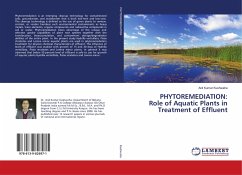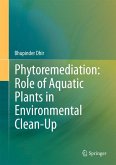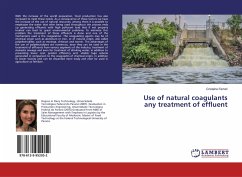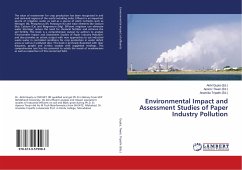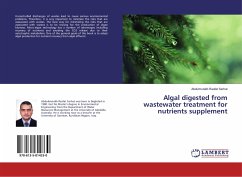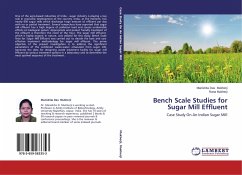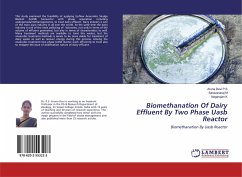Phytoremediation is an emerging cleanup technology for contaminated soils, groundwater, and wastewater that is both low-tech and low-cost. The cleanup technology is defined as the use of green plants to remove, contain, or render harmless such environmental contaminants as heavy metals, trace elements, organic compounds and radioactive compounds in soil or water. Phytoremediation takes advantage of the unique and selective uptake capabilities of plant root systems together with the translocation, bioaccumulation, and contaminant storage/degradation abilities of the entire plant. In the present study Hydrilla verticillata, Pistia stratiotes and Lemna minor aquatic plants are used in phytoremediation treatment for physico chemical characteristics of effluent. The influence of levels of effluent was studied with growth of 15 and 30 days of Hydrilla verticillata, Pistia stratiotes and Lemna minor plants. In general it was observed that below 50 percent level of effluent is safe to use for growth of aquatic plants Hydrilla verticillata, Pistia stratiotes and Lemna minor.
Bitte wählen Sie Ihr Anliegen aus.
Rechnungen
Retourenschein anfordern
Bestellstatus
Storno

